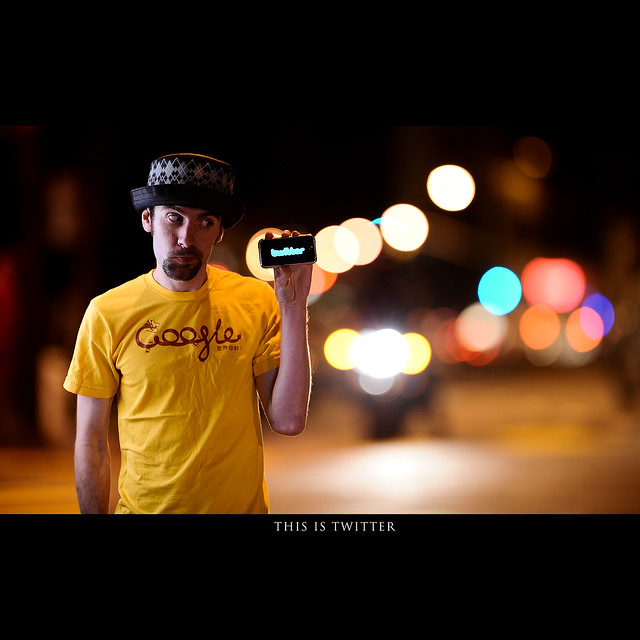 |
| Photo: |
A couple months ago I had an issue with a certain low-cost, SE Asian, hotel chain that will remain nameless. I had emailed one of their customer service managers, and it was taking upwards of 10 days to get an answer. I did the next logical thing, got on twitter and sent a public tweet asking if I could get a response. Ta-Da, like magic, I got an email within a few hours, my question was not answered, so I emailed back, waited another 3 days, no reply, got back on twitter. I waited another 3 days and nothing. Looking through the company's old updates, I noticed they had linked to their CEO's twitter account. So again, I did the most logical thing and sent him a public tweet.
It took me 3 days to get a reply from this CEO, saying that his team was on it. Another 3 days later, still no response, so I tweeted again. No further response from said CEO. I was not impressed.
If your CEO (or someone else in the company) is not going to actively monitor the account, it's time to deactivate, go, do it now. How will you tell him? Quickly.
Notes: The issue was resolved subsequently to my satisfaction; however, my image of this particular hotel company and their customer service has certainly been tarnished.
Comments
Post a Comment